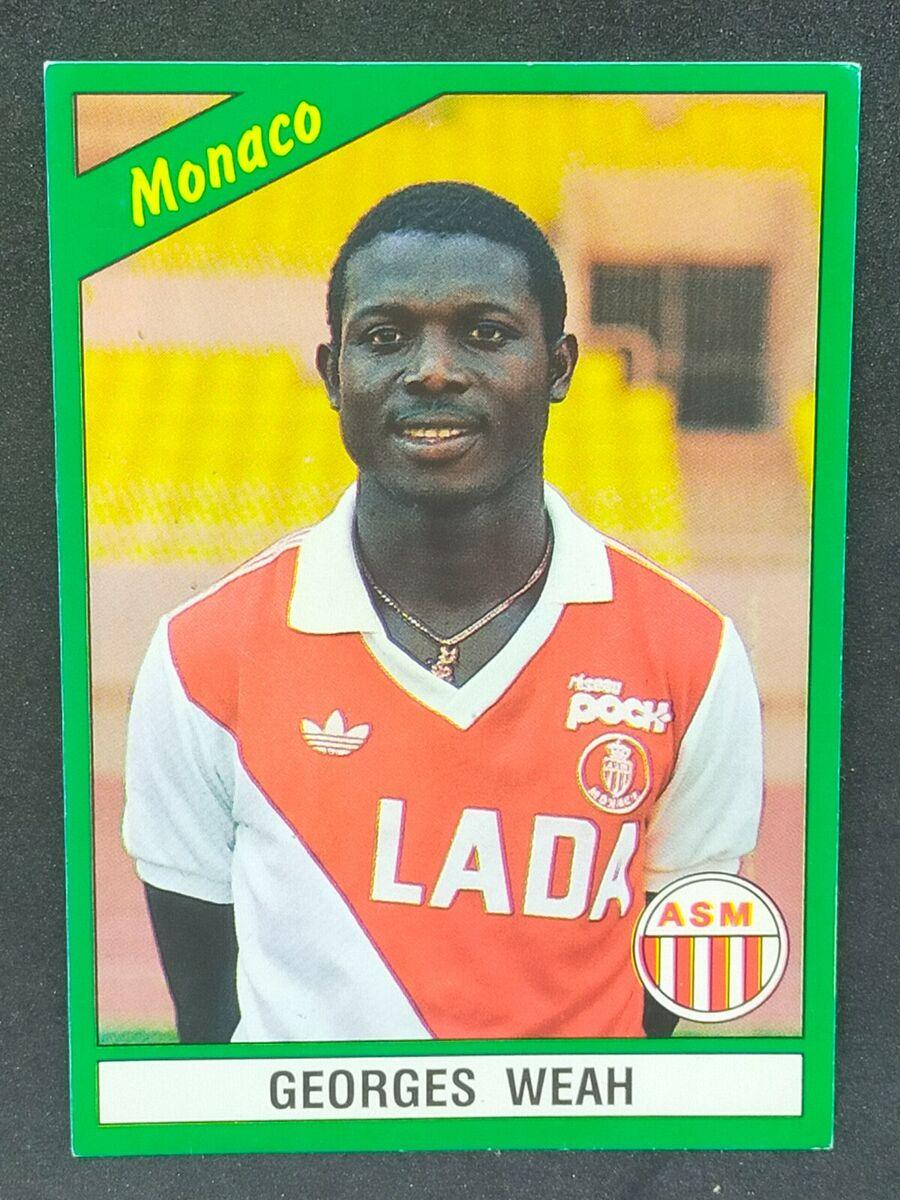The Remarkable Journey of George Weah

Introduction
George Weah, the current President of Liberia, is celebrated not only as a significant political leader but also as a former football superstar. His journey from the streets of Monrovia to international football fame, and eventually to the presidency, epitomizes the power of perseverance. Given the impact of leadership on Liberia’s post-civil war recovery, Weah’s role is highly relevant as the nation grapples with economic challenges and social issues.
A Champion on the Field
Before entering politics, George Weah made history as one of the most iconic football players of his generation. He played for notable clubs such as AS Monaco, Paris Saint-Germain, and AC Milan. In 1995, he was awarded the Ballon d’Or, becoming the first African player to achieve the prestigious title. His football career not only brought him fame but also elevated the status of African football worldwide.
Transition to Politics
After retiring from football in 2003, Weah returned to Liberia and shifted his focus to political engagement. He aimed to contribute to the rebuilding of a nation ravaged by years of civil war. In 2005, he contested for the presidency but was defeated. However, his tenacity paid off when he was elected President in 2017, running on a platform of hope and change. His election marked a significant moment in Liberia’s political landscape, given his status as a national hero.
Presidency and Challenges
Since taking office, President Weah has faced significant obstacles, including economic instability, youth unemployment, and a struggling health system. His administration has sought to address these issues through various initiatives aimed at promoting infrastructure development and creating job opportunities. However, the COVID-19 pandemic further intensified the challenges, causing increased demands on government resources.
Future Outlook
As Liberia navigates these turbulent times, the leadership of George Weah remains critical. There are high expectations for his administration to foster transparency, restore public trust, and drive sustainable development. Observers remain hopeful that Weah can leverage his popularity and past as a champion to inspire a new generation towards national unity and progress.
Conclusion
The narrative of George Weah continues to unfold, highlighting the intricate relationship between sports, politics, and society. His unique background as a football icon and now a political leader gives him a distinctive platform to influence change in Liberia. The coming years will be vital in determining the legacy of his presidency and his ability to uplift the nation he passionately represents.
